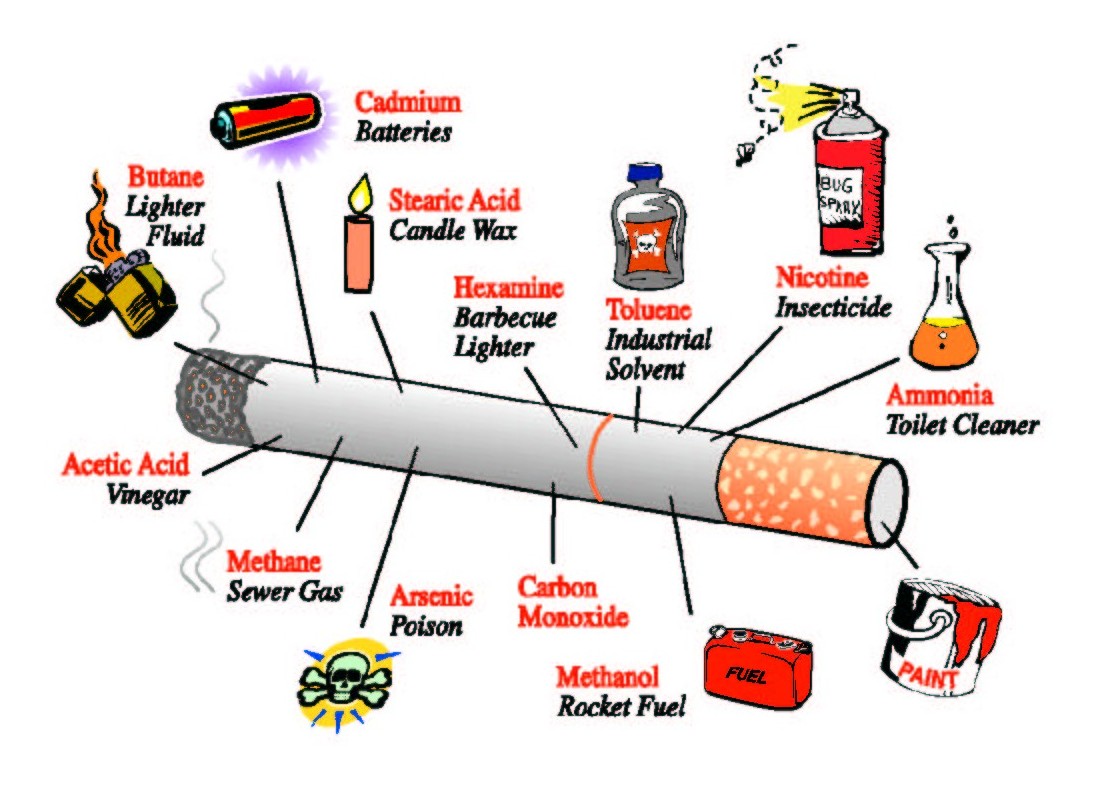


That is an appropriate starting point for learning about the difference between "effect" and "affect," but unfortunately it is not always true.

Most of this page is dedicated to telling you that "effect" is a noun and "affect" is a verb. (Once you know "effect" is wrong, you must then use the correct version of "affect." In this case, "affecting." This incident is affecting your decision.This incident is consequence your decision.This incident is effecting/affecting your decision.(This sounds wrong, so "effect" is wrong.) Did the drought consequence your business?.Did the drought effect/affect your business?.What effect did the drought have on your business?.(This sounds okay, so "effect" is correct.) What consequence did the drought have on your business?.What effect/affect did the drought have on your business?.If the noun "consequence" works in your sentence, use the noun "effect" ("effects" for plural). This trick works because "consequence" is a noun, just like "effect." There is no verb version of "consequence." In other words, you cannot say "they consequence," "he consequenced," "she consequences," or "we are consequencing." If you're unsure whether to use a version of "affect" or "effect," replace it with the word "consequence." If your sentence still makes sense, then use "effect." As it's a noun, the only other possible version is the plural "effects." "Effect" is usually preceded by an article (i.e., "a," "an," or "the"). Notice that "effect" is written with "an" in front. (This means "I want to create a result the world will remember.") I want to create an effect the world will remember.Put simply, "an effect" means "a result." You must be pleased with the effect you've created.Your lectures had an immediate positive effect.It can also mean result, outcome, consequence, or appearance. In basic terms, "effect" means a result, but that is also too simplistic. As it's a verb, the following versions are also possible: "affects," "affecting," "affected," and "affect" (without "to" in front). In this example, notice that "affect" is written with "to" in front. (This means "I want to change the vote.") Put simply, "to affect something" means "to change something." (Mark's experiences in Africa transformed his outlook on life.) Mark's experiences in Africa affected his outlook on life.It can also mean to have an impact on, or to transform. In basic terms, "affect" means to change, but that is too simplistic.


 0 kommentar(er)
0 kommentar(er)
